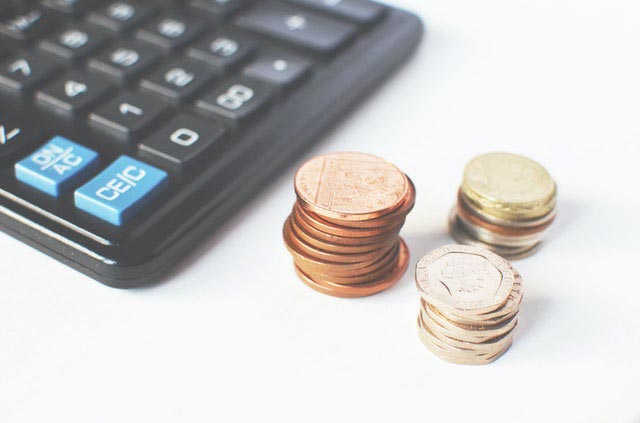It is finally time to buy your first home. This move has been in the making for many years and you are completely excited about the future. You have carefully protected your credit and your score is great. And you earn enough money to keep up with monthly payments.
All the boxes are checked, except one; you don’t have enough money to make the down payment on the house. Should this mean the end of your dream of owning a home? Not if you follow the strategies outlined in this article.
Understanding home down payment and closing costs
The home-buying process can be complicated, especially if it is your first time. There are lots of things first-time buyers may not know and plenty of opportunities to make mistakes, warns McGuire Management in Denver. One area where first-time buyers struggle is with understanding out-of-pocket costs associated with the home purchase.
Even if a lender is willing to lend you money to buy your home, there are still costs you have to bear personally. These costs include closing costs – home inspection, lender appraisal, and title insurance – and down payment.
Closing costs can be as much as 3% – 6% of the total purchase price of a property. This is a significant sum of money to pay by yourself. But the real cost you need to worry about is the down payment. When people say they are saving up to buy a home, what they are saying is that they are saving up for the down payment.

The standard amount lenders require as a down payment is 20%. This means that on a $250,000 home, you should expect to pay $50,000. How much you provide as a down payment is what determines if you can afford a home or not.
Based on the above, first-time homebuyers should expect to provide up to 26% of the total purchase price of any home they want to buy. This sum comprises of 20% for the down payment and 6% for closing costs. And this does not take into account that buyers need to have, at least, a three month worth of income in the bank for emergencies.
How many first-time homebuyers can afford all these? Not many. But does this mean you have to give up or postpone your dream of owning a home? Not really, there are ways to get around a high down payment.
Down payment strategies for first-time homebuyers
These strategies are divided into two categories. Category one includes special loan programs and category two are methods you can use to accelerate saving up for your down payment. There are also alternative sources for raising cash in category two.
Special loan programs with lower down payment requirements
These are government-backed programs that lower your down payment to as little as 3%. Some of them have less stringent credit requirements. They make it possible for people who do not earn a lot of money to still own their own homes. But almost all of these programs require borrowers to also purchase private mortgage insurance (PMI), which is an added cost.

- FHA Loans: These are originated by private lenders but insured by the Federal Housing Administration (FHA). They only require you to pay 3.5% down and carry lower interest rates. You can qualify for an FHA loan with a credit score below 600.
- VA Loans: The Department of Veterans Affairs issues loans to serving or former members of the military. The loans are backed by the federal government and require no down payment.
- USDA Loans: The US Department of Agriculture can make a direct loan to you if you buy your home in a rural or outer suburban area within the eligibility zones.
- Conventional 97 Loans: These are conventional mortgage loans that let you put down as little as 3%. They are backed by Fannie Mae.
- State and local government down payment assistance: These are down payment assistance programs by state and local governments. They vary in the kind of assistance they offer. Check the government website to know what is available in your area.
Alternative methods for funding your down payment
- Save part of your tax refund: Instead of splurging your tax refund on a luxury item you will soon tire off, divert most of it into paying the down payment on your home.
- Save a portion of your performance bonus: It is easy to fritter away your performance bonuses or profit-sharing payments. But you can divert them into your home down payment account.
- Automate your savings deposits: Automating your savings deposits will help you to bypass the possibility that you may forget or overlook to save money every month.
- Take a 401k loan: You can borrow from your employer-sponsored 401k to fund your down payment. Just bear in mind that this is a loan and you will pay back with interest.
- Crowd-fund your down payment: Some services let you crowd-fund your down-payment. FeatherTheNest is particularly suited to the needs of engaged couples and newlyweds.
About the Author
NMLS# #244003
Brian Quigley has been in the Denver mortgage industry since 2003. Customer satisfaction has been his top priority while guiding clients through the home loan qualification process. He is proficient in all types of mortgage financing including FHA/VA, Conventional, USDA, Jumbo, Portfolio, 1031 Exchanges, Reverse Mortgages, Refinancing, Construction loans, and FHA 203K loans.